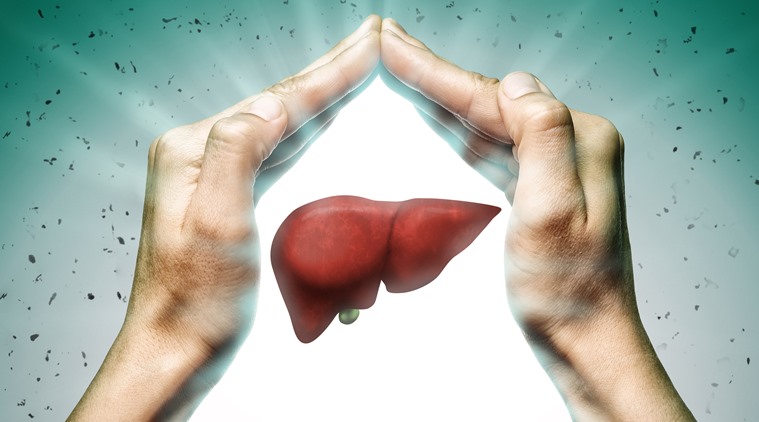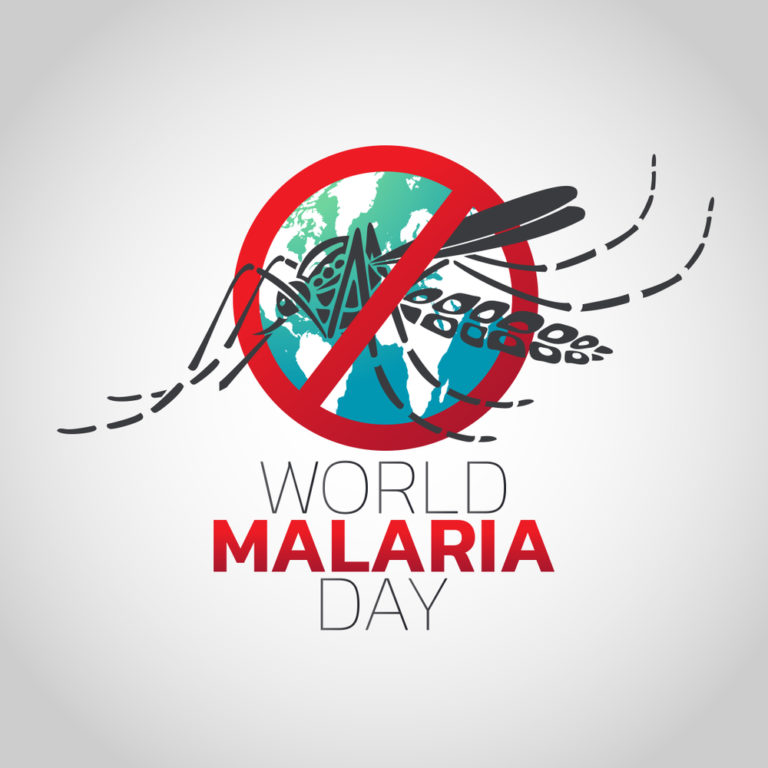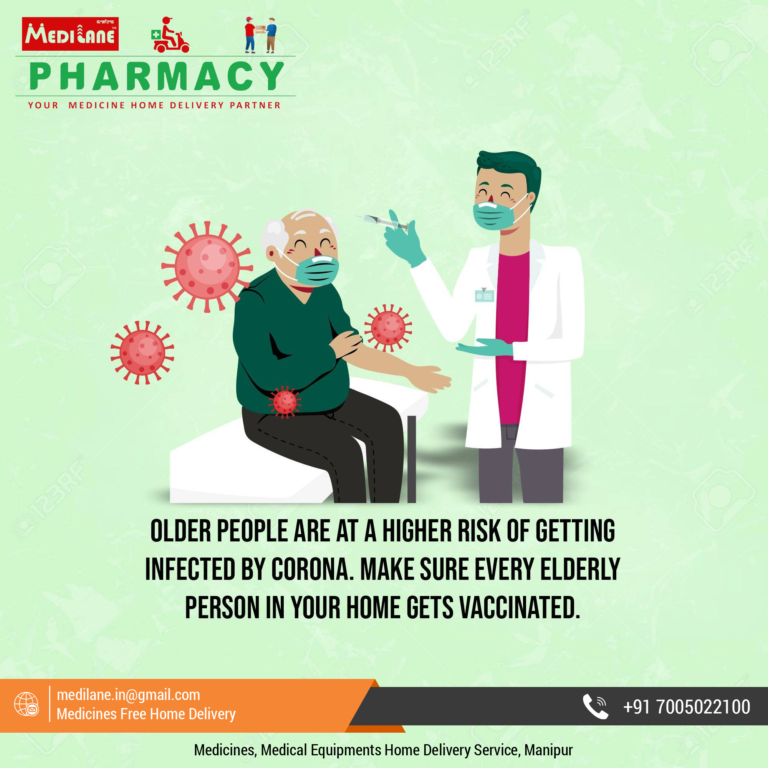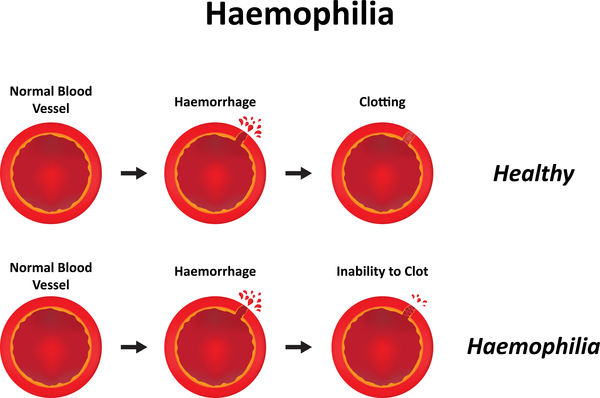
The week of February 7-14, 2019 has been designated as Congenital Heart Disease Awareness Week to raise awareness about one of the most common birth defects in the world.1 in 100 babies are born with chd.Share to Help spread the world on the most common birth defects.
CONGENITAL HEART DEFECT AWARENESS WEEK
Every year from February 7th to February 14th, Congenital Heart Defect Awareness Week promotes awareness and provides education about congenital heart defects.
Congenital heart defects (CHD) are the most common birth defect. According to the CDC, 40,000 babies a year are born with a heart defect. This is about 1% of all babies in the World. This means that nearly 1 in 100 babies are born with a heart defect. On a global level, about 1.35 million babies are born each year with CHD. Despite its prevalence, CHD research is underfunded due to a lack of public recognition.
CHD occurs when a part of the heart doesn’t develop normally. This can cause a number of problems, including changes in blood blow, poorly developed valves, reduced oxygen levels, and holes in the heart. Some defects are milder than others. Mild heart defects may not require treatment. Complex heart defects, however, may require open-heart surgery. Sometimes more than one surgery, or a heart transplant, is necessary.
Babies born with CHD usually have certain symptoms. These include trouble breathing, poor weight gain, poor circulation, and tiring easily. Babies with reduced oxygen levels have blue lips and fingernails, which is called cyanosis. There is no cure for CHD. However, treatment can greatly enhance the quality of life and add years to a child’s life. Thanks to research and advances in pediatric cardiology, more babies than ever are reaching adulthood.
Types of CHD
There are several types of CHD. Some of the most common include:
- Ventricular septal defects
- Atrial septal defects
- Tetralogy of Fallot (TOF)
- Pulmonary valve stenosis
- Patent ductus arteriosus
- Dextro-transposition of the great arteries (D-TGA)
- Aortic valve stenosis
- Single ventricle defects, such as double outlet right ventricle (DORV) and hypoplastic left heart syndrome (HLHS)
- Some babies are born with more than one defect. For example, they may have a single ventricle with pulmonary stenosis.
For many babies born with CHD, the cause of their heart defect is unknown. Some research suggests that CHD is hereditary. Some CHDs occur because of a genetic disorder. Smoking while pregnant, premature birth, and mothers with chronic health issues, are also believed to increase the risk of CHD.





